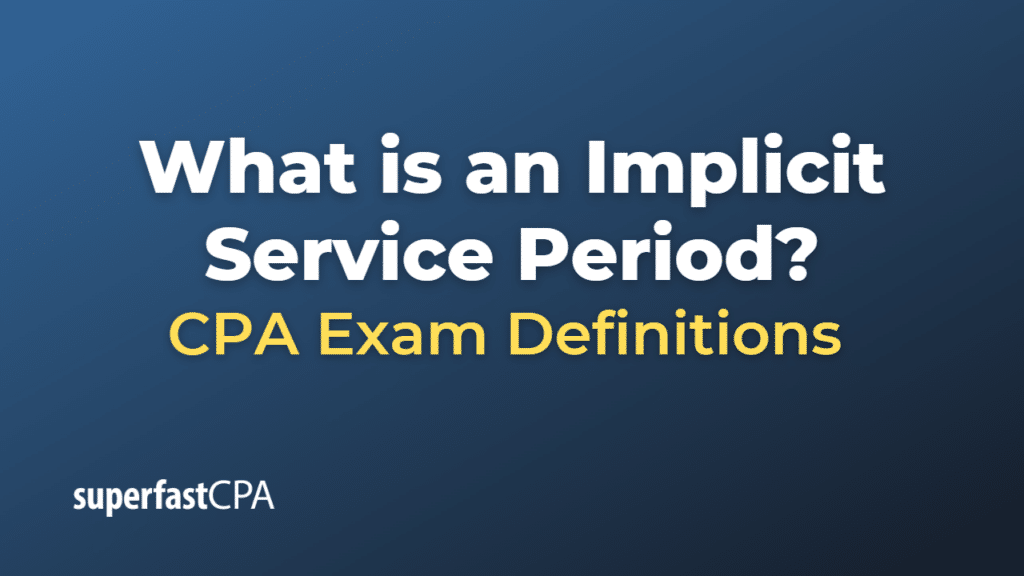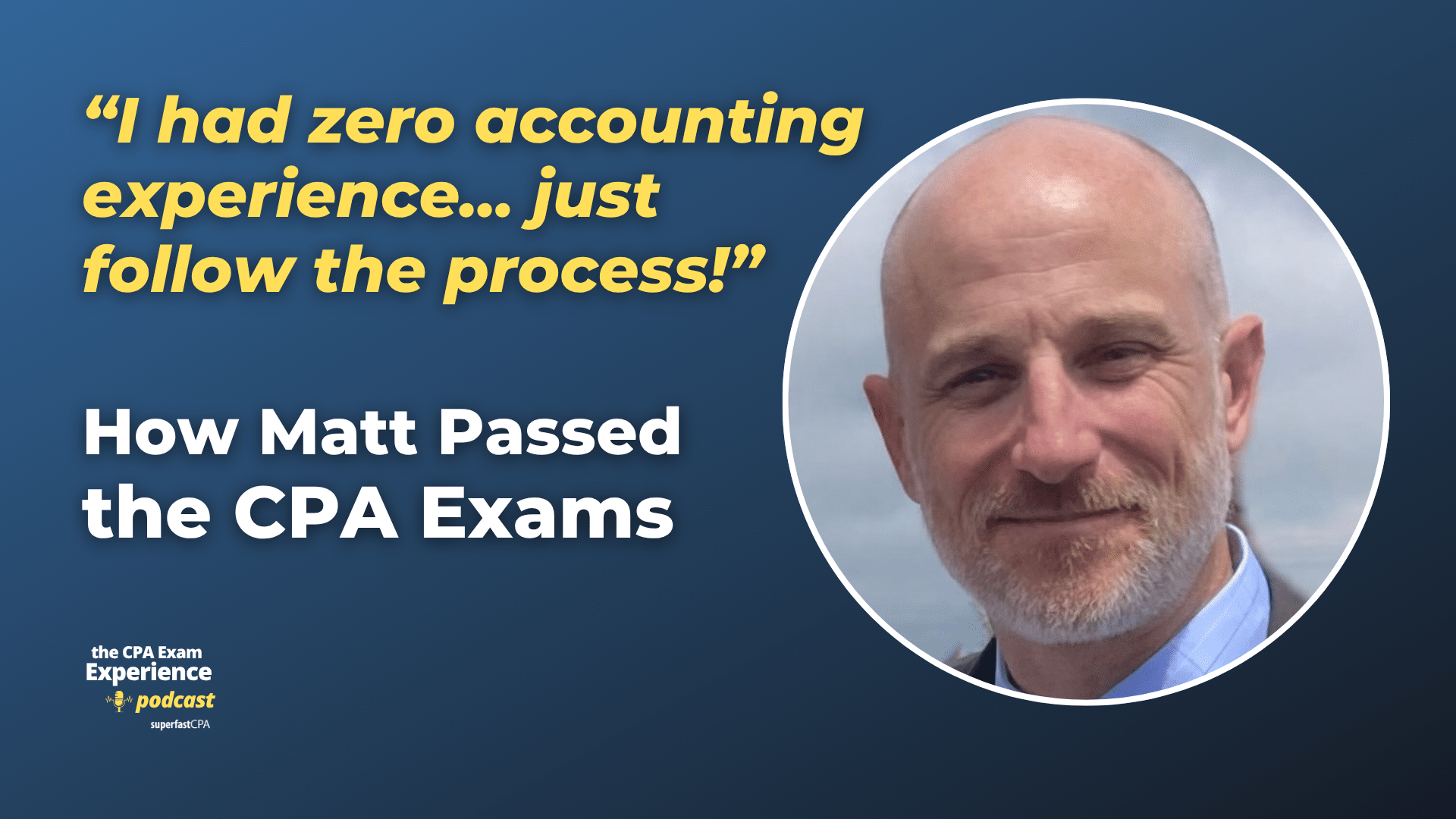Implicit Service Period
The term “implicit service period” isn’t a standard or universally recognized term in accounting or finance. It may refer to the idea of a service period that isn’t explicitly defined or outlined, but is instead implied based on certain other factors or assumptions.
For instance, when it comes to employee compensation, such as stock options or other forms of equity compensation, the “service period” is the period of time during which an employee must provide service to the company in order to earn (or vest in) the right to that compensation. This period is often explicitly defined. For example, a company might grant stock options to an employee that vest over four years, making the service period four years.
However, in some cases, the service period might not be explicitly stated, but could instead be implicit based on the terms of the agreement or based on the company’s past practices or expectations. For example, if a company regularly grants annual equity awards to its employees, the implicit service period for each award might be considered to be one year, even if the awards technically have a longer vesting period and even if the service period isn’t explicitly defined for each individual award.
Note that this interpretation is somewhat speculative, as the term “implicit service period” isn’t a standard term and could potentially be used differently in different contexts. If you encountered this term in a specific context, there may be additional factors at play that would influence its meaning.
Example of an Implicit Service Period
Given the non-standard nature of the term “implicit service period,” providing an example might require some hypothetical assumptions.
Let’s consider a technology company, TechCo, that annually grants stock options to its employees as a form of compensation. The stock options vest over a four-year period, meaning employees must provide four years of service to fully earn these options. Here, the explicit service period is four years.
However, since TechCo grants new options each year, there is an expectation among employees that as long as they continue to work for TechCo, they will receive a new grant of options each year. In this sense, there is an “implicit service period” of one year attached to each annual option grant. Even though the options themselves take four years to vest, the expectation of receiving a new grant each year could be seen as implying an annual service period for the purpose of earning the ongoing opportunity to receive such grants.
Again, it’s worth reiterating that “implicit service period” isn’t a standard term in accounting or finance, so this example is largely hypothetical and interpretative. The term could potentially have different meanings in different contexts, so it’s always best to consider the specific context and potentially seek clarification if needed.








